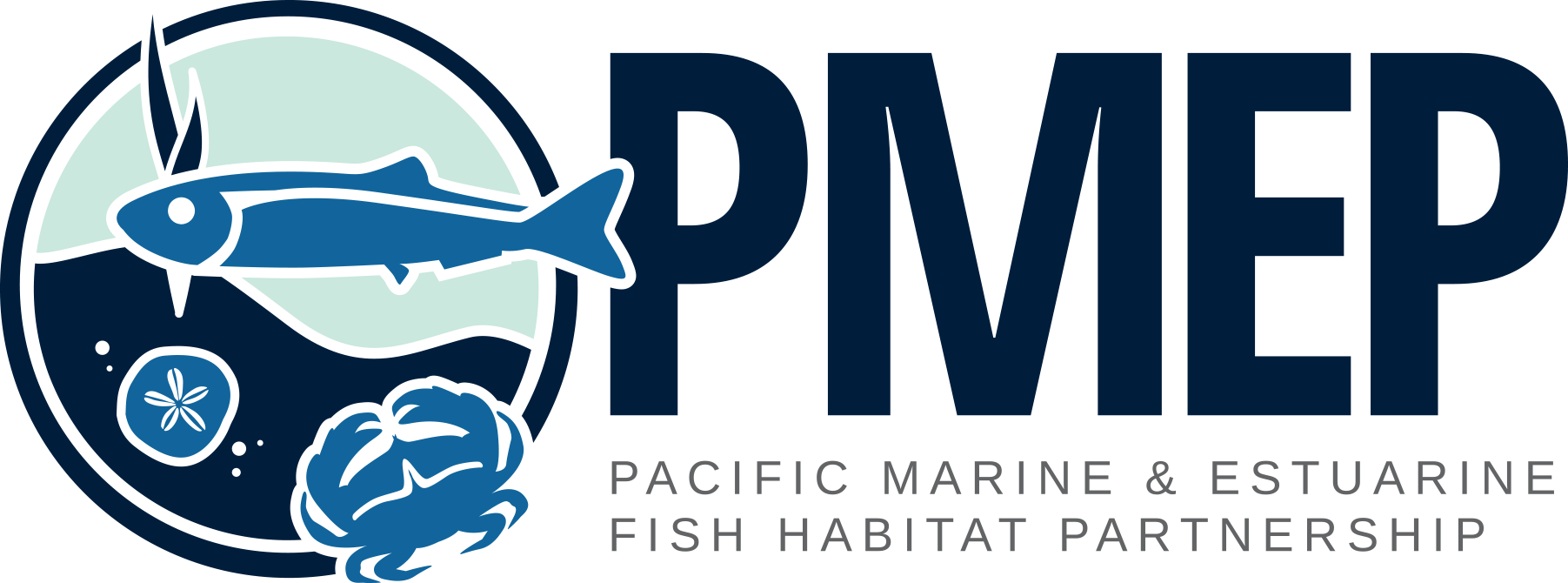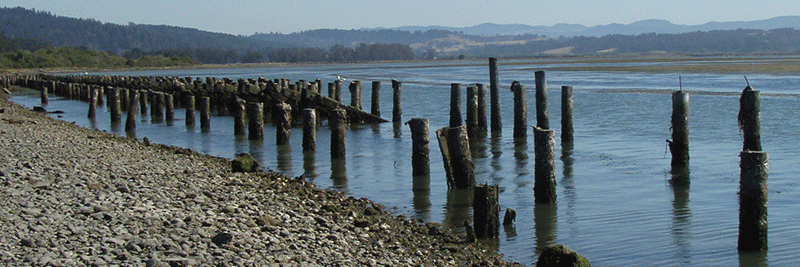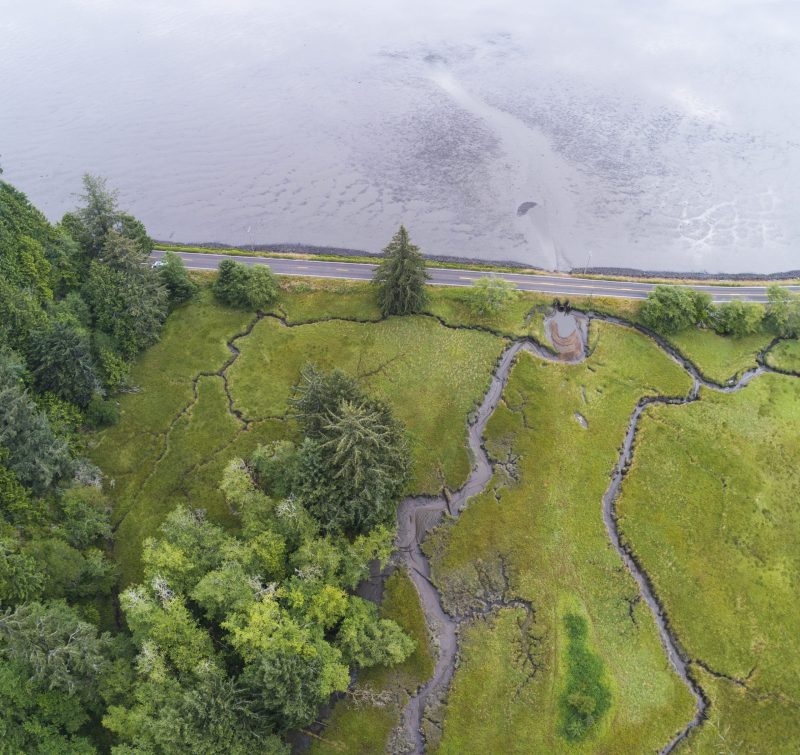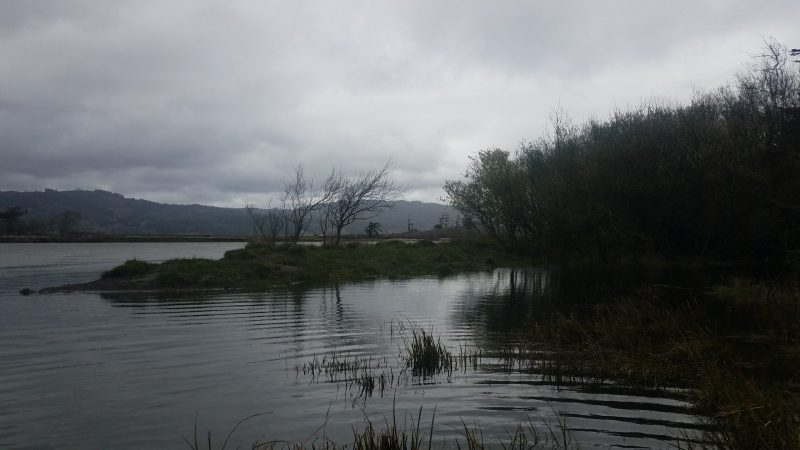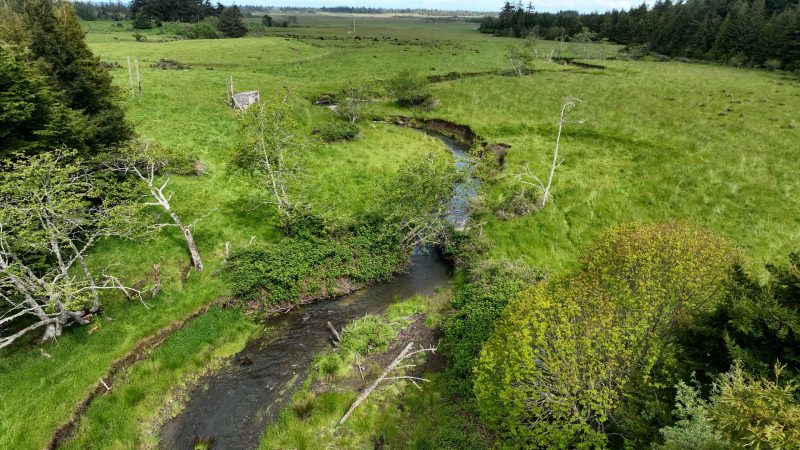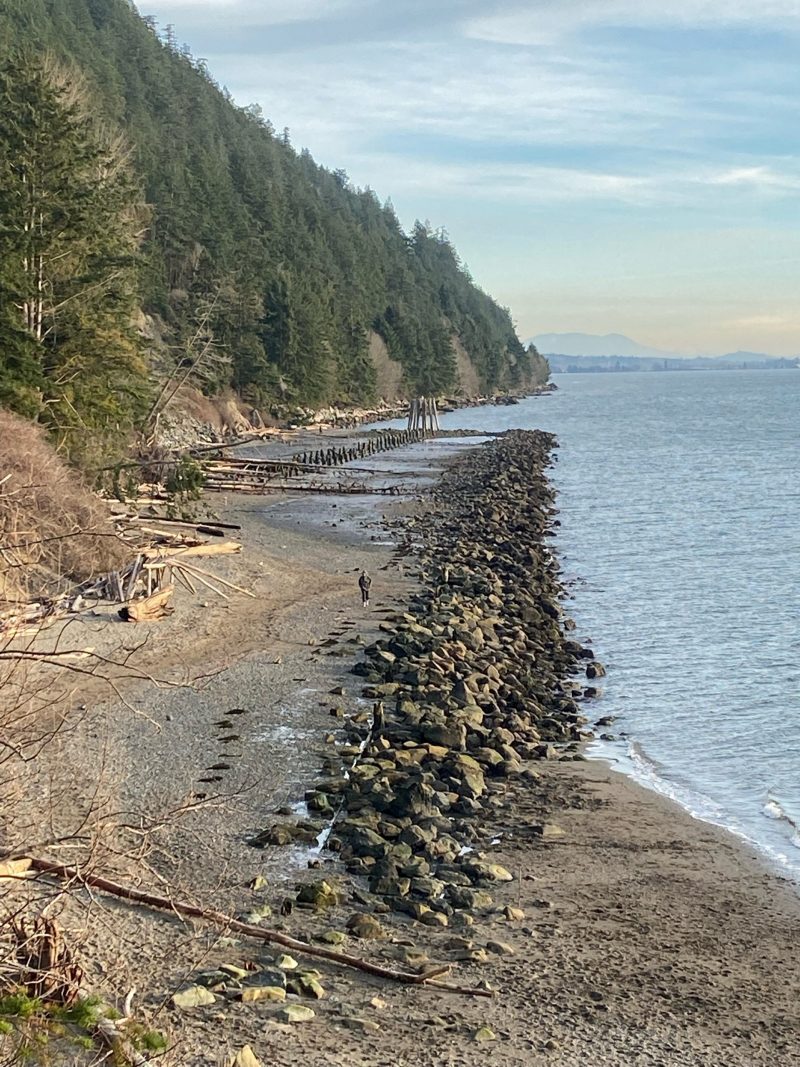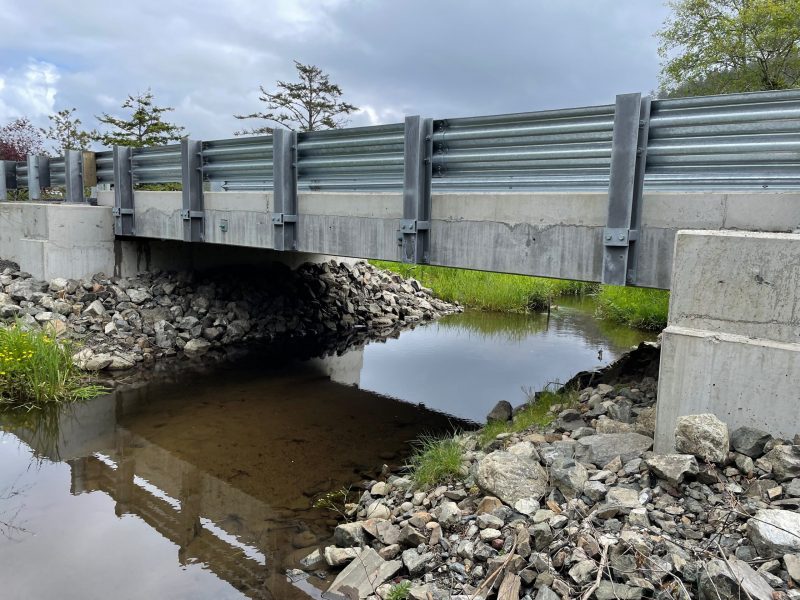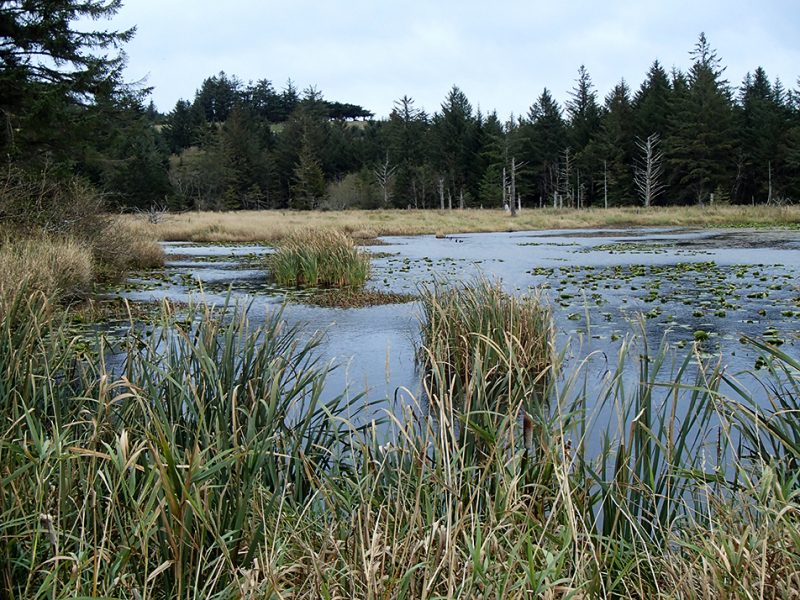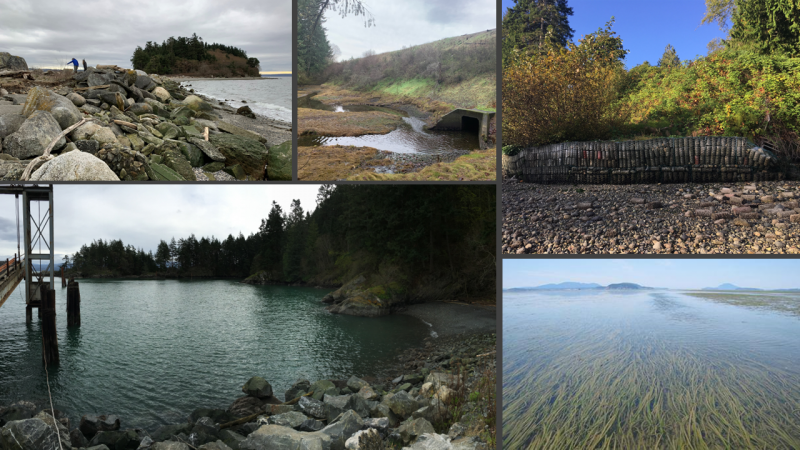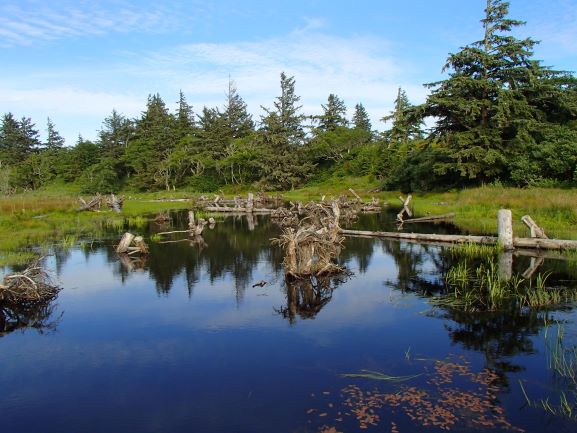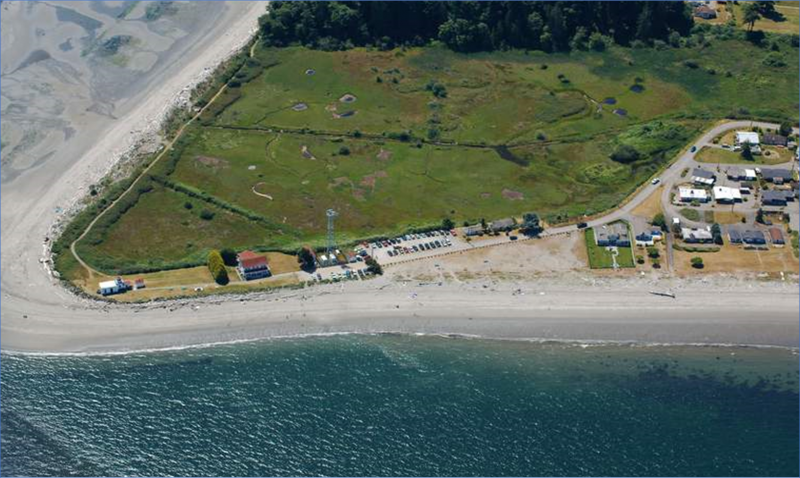The Pacific Marine and Estuarine Fish Habitat Partnership (PMEP) requests proposals for projects that restore, enhance, or protect estuarine and nearshore marine fish habitat conservation and restoration along the West Coast. Restoration, acquisition, and assessment projects are eligible. PMEP will award an estimated $250,000-$350,000 in FY2025 for projects that advance its mission. In an effort to fund a diverse portfolio of projects, strong project proposals that request less than $100,000 are preferred. However, proposals of particular merit may be funded at a higher level, at PMEP’s discretion.
The project proposals are due by 5:00PM Friday, December 1, 2023. Project sponsors should assume that funding will be received in Summer of 2025.
Proposals must be submitted online through the Jotform platform.
For more information, access the full Request for Proposals and application instructions HERE
